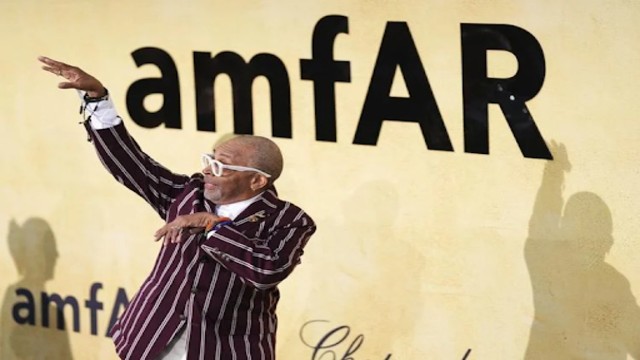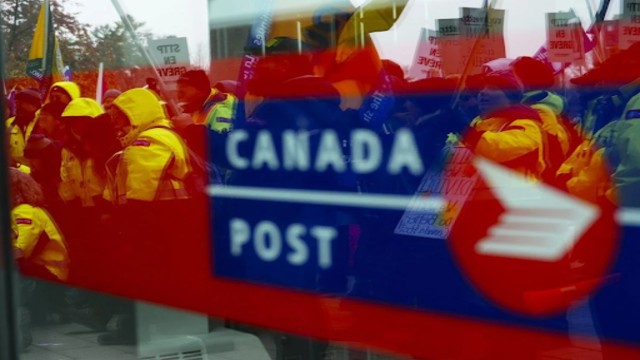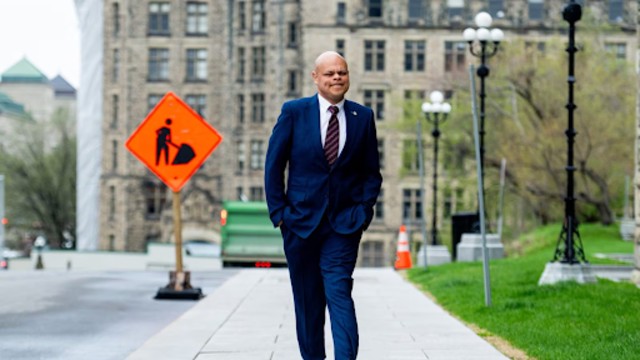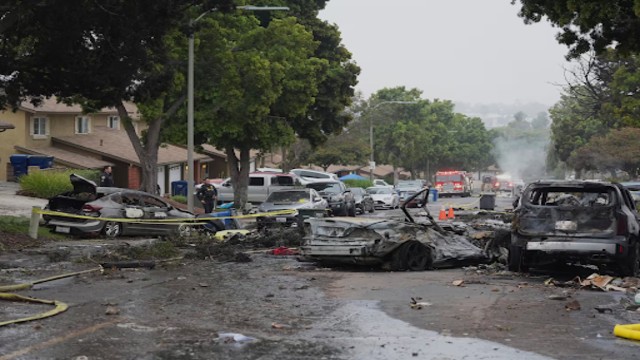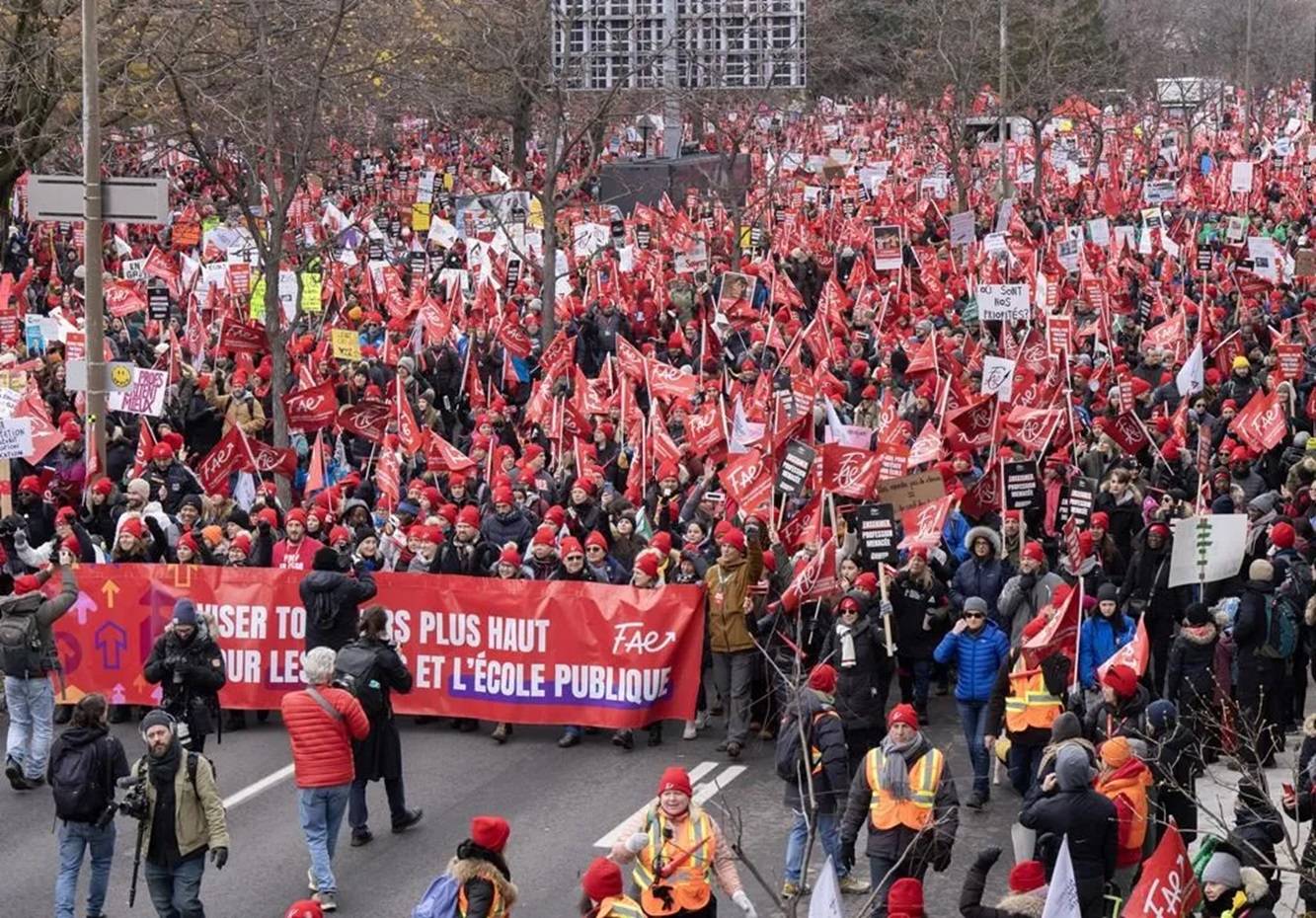
On Thursday, November 23, 2023, educators belonging to the FAE teachers union commenced an open-ended strike in Montreal, marching to highlight their collective stance.
Quebec is bracing for another bout of strike action, as a seven-day walkout by public sector workers is scheduled to commence on Friday. The Front Commun, a coalition of four major unions representing approximately 420,000 members, is pushing forward with the strike due to prolonged contract negotiations.
Starting from December 8 to 14, hundreds of thousands of employees in the health, education, and social services sectors will be on strike. This latest walkout is expected to coincide with other ongoing strikes by teachers and nurses.
Premier François Legault, responding to the rejection of the latest offer on Wednesday, expressed the government's openness to negotiating salary increases. However, the government seeks more flexibility from unions on other contentious issues.
Here's a breakdown of the key details:
Who is on strike?
Ongoing and rotating strikes are occurring as the provincial government engages in collective agreement negotiations with various unions representing approximately 600,000 public sector employees. The Front Commun represents around 100,000 teachers, leading to the closure of numerous public schools, including those under the English Montreal School Board and the Lester B. Pearson School Board during the week-long strike.
In addition to the Front Commun's impending walkout, tens of thousands of nurses will also picket next week. While emergency services are maintained by law, delays in healthcare institutions are anticipated.
The Fédération autonome de l’enseignement (FAE), representing nearly 65,000 elementary and high school teachers, has been on an indefinite strike since November 23. Despite ongoing talks, no deal has been reached, resulting in the closure of many French-language schools across the province for over two weeks.
What is the latest offer?
The Quebec government presented its latest offer on Wednesday, increasing its base offer to 12.7% over five years, up from the initially proposed 10.3% salary increase in late October. Treasury Board President Sonia LeBel emphasized the government's determination to reach a swift resolution and urged unions to continue negotiations at the bargaining table.
However, the Front Commun swiftly criticized the new offer, asserting that the proposed salary increases fall short of inflation. Consequently, the planned week-long strike is proceeding as scheduled. Meanwhile, the FAE submitted its latest counter-offer to the government on Thursday.
On Thursday, Premier Legault indicated a willingness to increase the salary offer but expressed frustration with the rigid nature of collective agreements, citing challenges in improving the education system over the past decade.
The situation remains dynamic, with the potential for further developments as negotiations continue between the government and the striking unions.





